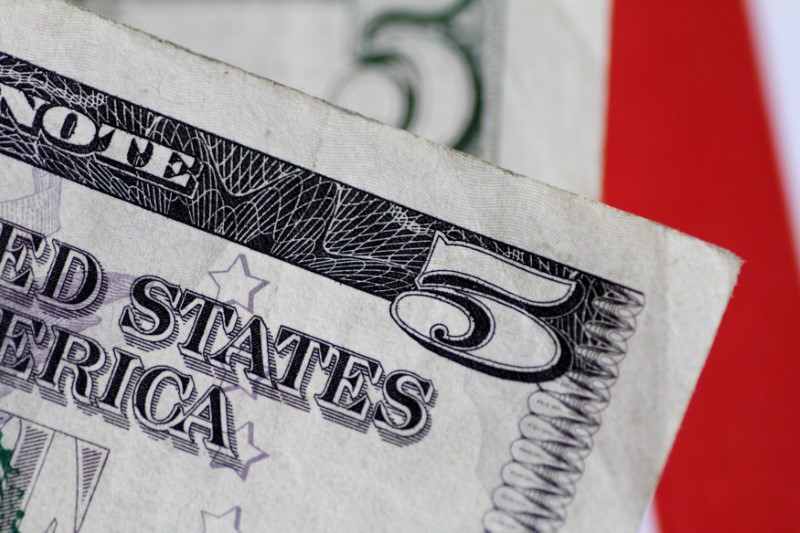Investing.com - Policy meetings by the Federal Reserve and the European Central Bank are set to dominate the economic calendar in the coming week, with the U.S. central bank widely expected to raise interest rates, in what would be its second hike this year.
With a rate hike already priced in investors will be watching out for any indications on the path of interest rates for the rest of the year.
The ECB is expected to leave rates unchanged after its meeting on Thursday, but markets may get an update on its plans for phasing out quantitative easing.
The U.S. - North Korea summit in Singapore on Tuesday will also be in focus, along with concerns over trade tensions after President Donald Trump said the U.S. wouldn’t endorse the final communique released at the end of a contentious weekend G7 summit.
The communique said the G7 leaders agreed on the need for "free, fair, and mutually beneficial trade" and the importance of fighting protectionism.
The week will also bring updates on U.S. inflation, retail sales and industrial production.
The UK is to release what will be closely watched reports on employment and wage growth, inflation and retail sales, while British Prime Minister Theresa May is facing a parliamentary vote that could challenge her Brexit policy on Tuesday.
The dollar ticked higher against a currency basket on Friday, while the safe haven yen also rose as investors turned cautious ahead of the G7 summit meeting in Canada after Trump vowed to deal with “unfair trade practices” by Canada and the European Union.
The U.S. dollar index, which measures the greenback’s strength against a basket of six major currencies, hit a high of 93.83 before pulling back to 93.54 late Friday.
For the week, the dollar was down 0.67%, its largest weekly decline since late March.
The dollar was lower against the yen, with USD/JPY off 0.14% at 109.54 in late trade.
The euro was weaker against the dollar and the yen, with EUR/USD down 0.25% to 1.1769 from a three week high of 1.1839, while EUR/JPY lost 0.4% to trade at 128.92.
The single currency gained 0.92% against the dollar last week after hawkish ECB comments fueled expectations that it will soon start scaling back its monetary stimulus program.
Ahead of the coming week, Investing.com has compiled a list of significant events likely to affect the markets.
Monday, June 11
The UK is to release data on manufacturing production.
Tuesday, June 12
Australia is to release data on business confidence.
The UK is to publish its monthly jobs report.
The ZEW Institute is to report on German economic sentiment.
The U.S. is to release consumer price inflation figures.
Wednesday, June 13
The UK is to publish data on inflation.
The U.S. is to produce figures on producer price inflation.
The Federal Reserve is to announce its benchmark interest rate and publish a rate statement which outlines economic conditions and the factors affecting the monetary policy decision. The announcement is to be followed by a press conference.
Thursday, June 14
Australia is to produce its monthly jobs report.
China is to report on fixed asset investment and industrial production.
The UK is to release retail sales data.
The ECB is to announce its latest interest rate decision and hold a press conference.
The U.S. is to release reports on retail sales and initial jobless claims.
Friday, June 15
The Bank of Japan is to announce its latest monetary policy decision and hold a press conference.
The euro zone is to release revised inflation data.
Canada is to report on foreign securities purchases and manufacturing sales.
The U.S. is to round up the week with a report on manufacturing activity in the New York region, data on industrial production and preliminary data on consumer sentiment.
